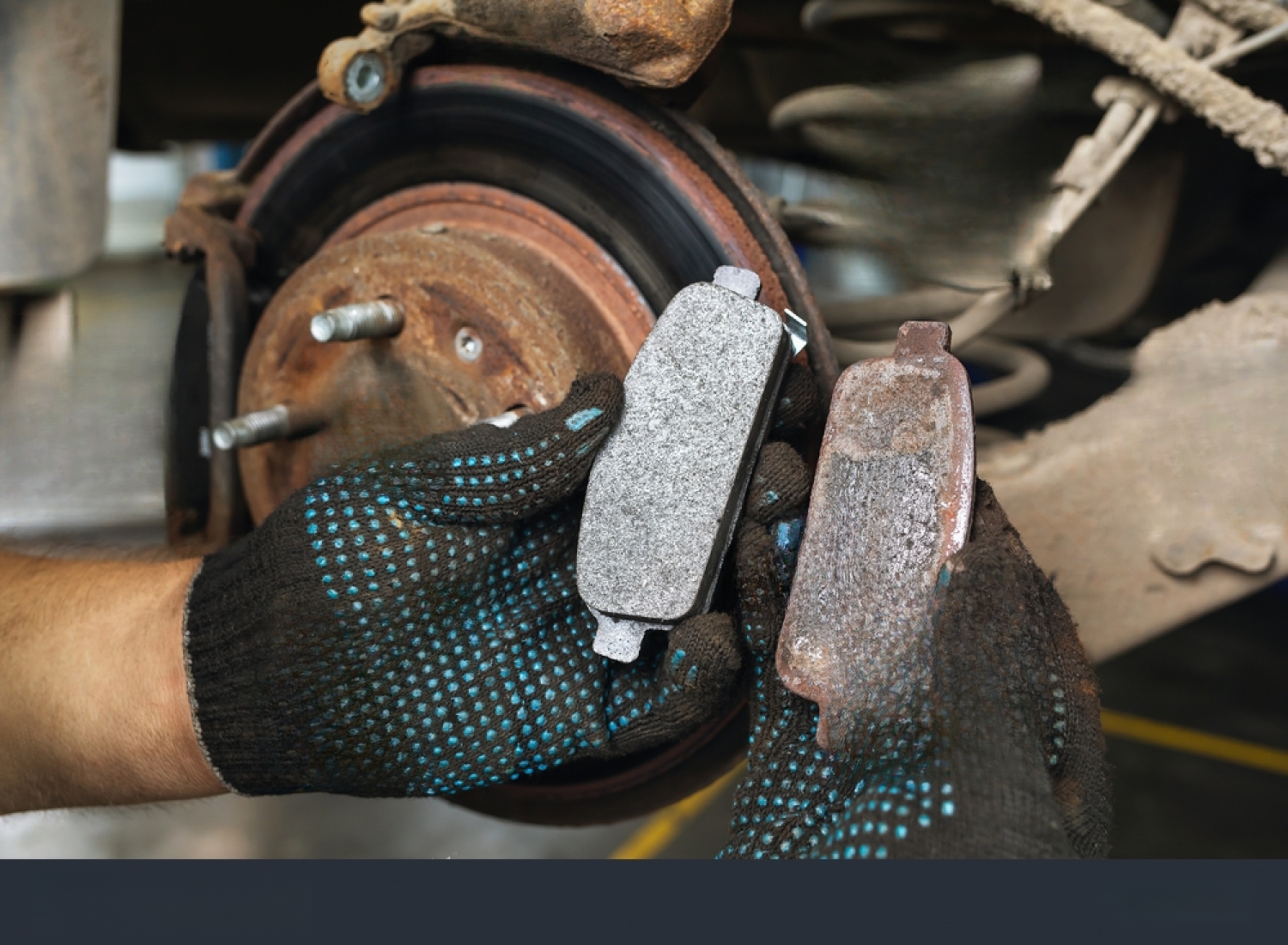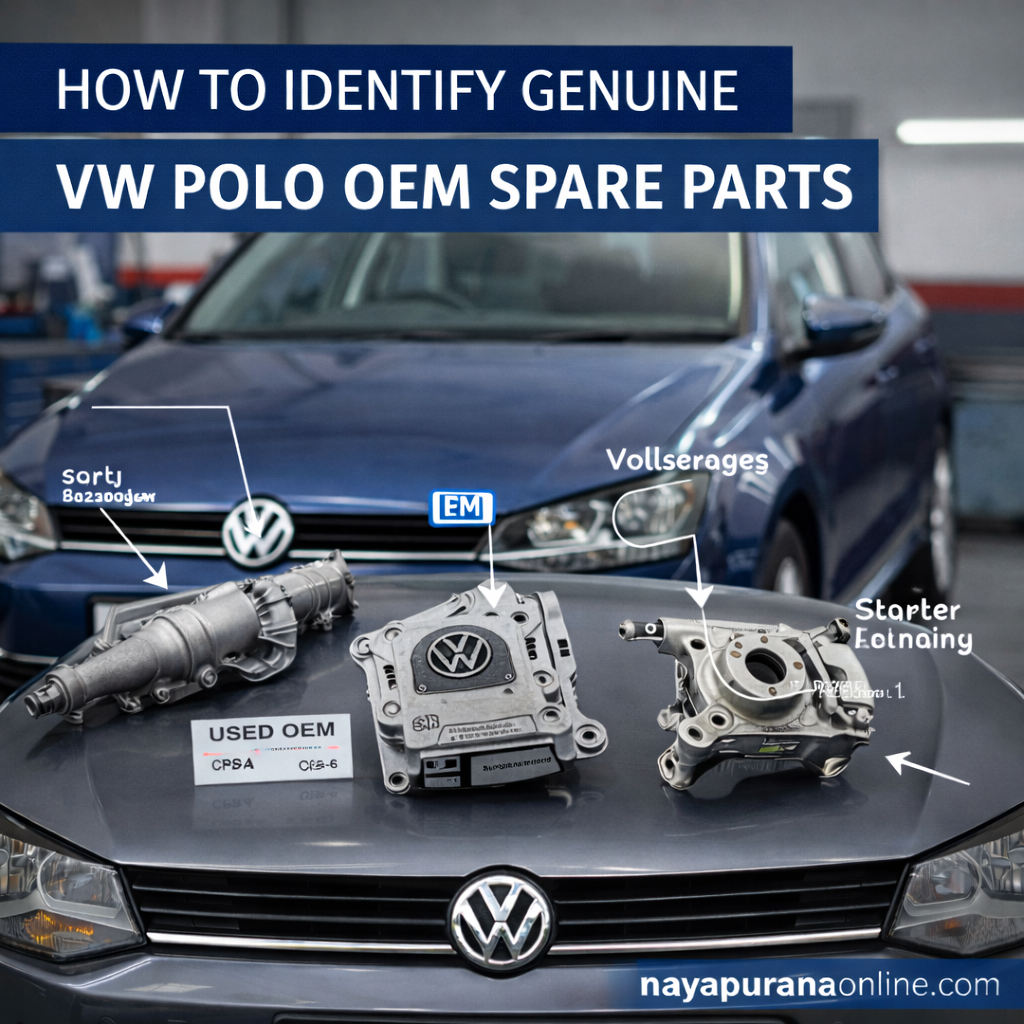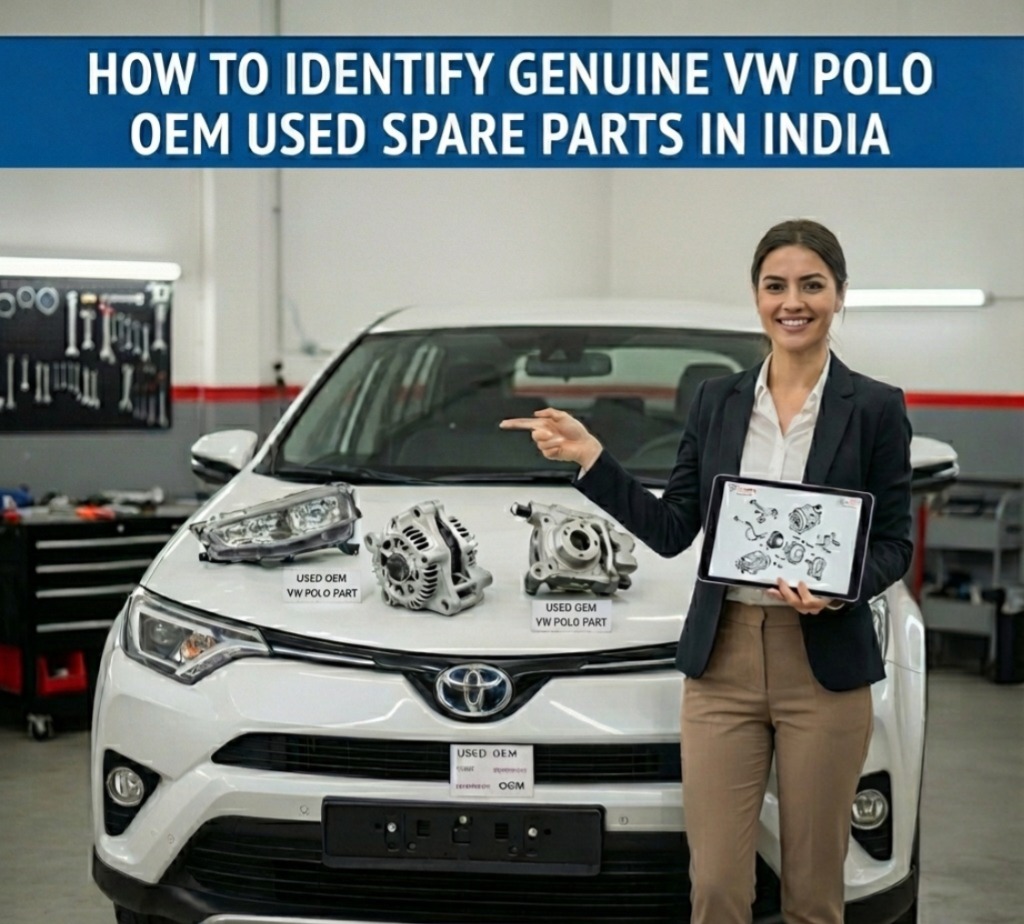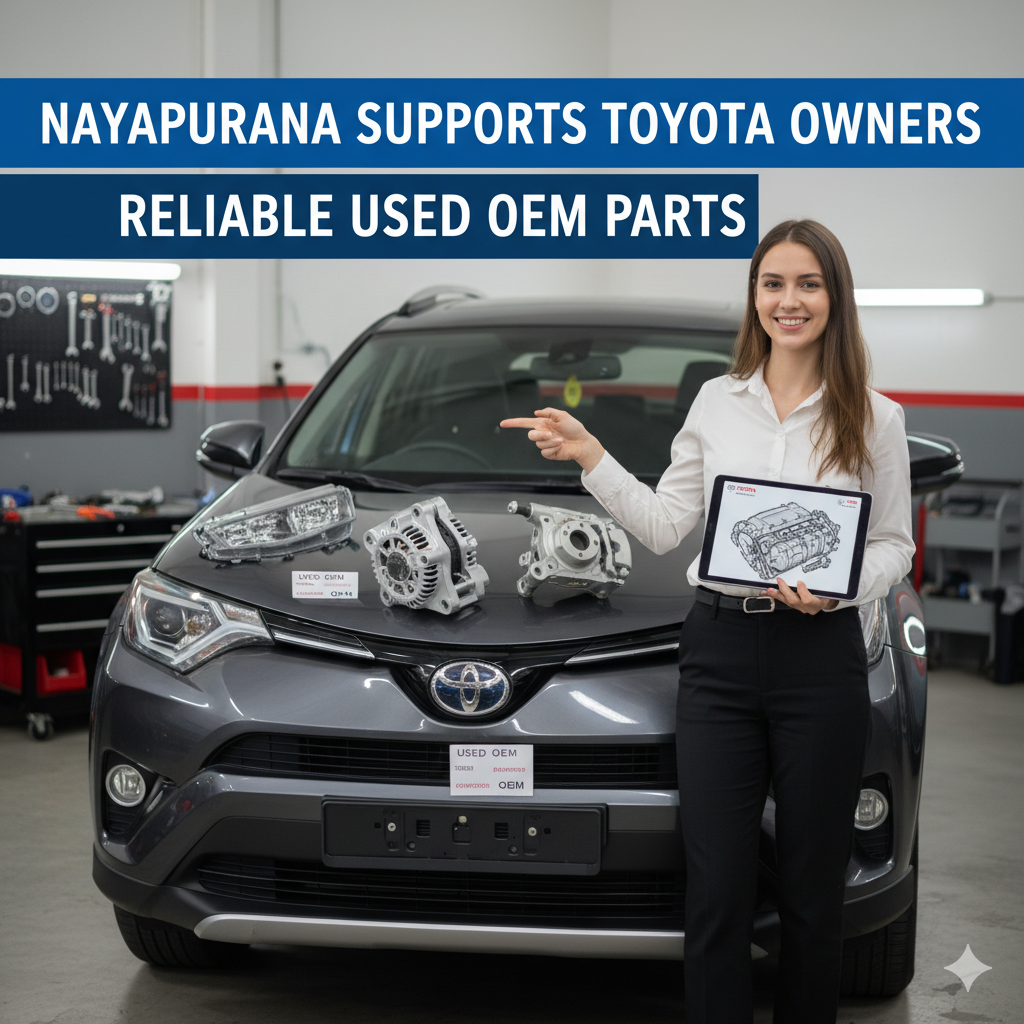When To Replace Brake Pads And Brake Shoes?
31 Aug,2023
For brake pads:
1. Listen for a high-pitched squealing sound while braking. This can indicate that the brake pads are nearing the end of their lifespan.
2. If braking feels less responsive or takes longer than usual, it might be time to check the brake pads.
3. Vibrations or pulsations during braking could suggest uneven wear on the brake pads.
4. Visual inspection: If the pad material is less than a quarter of an inch thick, it's time to replace them.
For brake shoes (in drum brake systems):
1. If your vehicle takes longer to stop or the braking power has diminished, worn brake shoes could be the cause.
2. Pay attention to your parking brake – if it's less effective, it could be due to worn brake shoes.
3. Scraping or grinding noises while braking might indicate severely worn brake shoes.
4. Visual inspection: If the friction material is worn down and the shoe metal is exposed, replacement is needed.

Knowing when to replace brake pads and brake shoes is crucial for maintaining the safety and performance of your vehicle's braking system. These components play a vital role in slowing down and stopping your vehicle effectively. Over time, due to friction and wear, brake pads and brake shoes gradually deteriorate, necessitating periodic replacement. Here's a description to help you understand when it's time to replace them:
Brake Pads:
Brake pads are essential components of a disc brake system, found on most modern vehicles. They are positioned inside the brake calipers and pressed against the brake rotors when you apply the brakes. As you drive and use the brakes, the friction material on the brake pads wears down. Here are signs indicating the need for brake pad replacement:
1. **Squealing Noise:** Modern brake pads often have wear indicators that emit a high-pitched squealing sound when the pads are nearing the end of their lifespan. If you hear this noise while braking, it's time to check and potentially replace the pads.
2. **Reduced Braking Performance:** If you notice that your vehicle takes longer to come to a complete stop or the braking feels less responsive, it could be due to worn-out brake pads.
3. **Vibration or Pulsation:** A pulsating sensation or vibration while braking could indicate uneven wear on the brake pads, requiring replacement.
4. **Thinner Brake Pads:** You can physically inspect the brake pads through the wheel spokes. If the pad material is less than a quarter of an inch thick, it's time to replace them.
Brake Shoes:
Brake shoes are a crucial part of drum brake systems, which are less common in modern vehicles but can still be found in some rear-wheel-drive setups. These shoes press against the inside of the brake drum to slow down the vehicle. Signs that your brake shoes need replacement include:
1. **Reduced Braking Power:** If you notice that your vehicle's braking power has diminished and it takes longer to stop, worn brake shoes might be the culprit.
2. **Parking Brake Issues:** If your parking brake (handbrake) becomes less effective or fails to hold the vehicle in place, worn brake shoes could be the cause.
3. **Scraping Noise:** A scraping or grinding noise coming from the wheels, especially when braking, could indicate that the brake shoes have worn down to a dangerous level.
4. **Visual Inspection:** On vehicles with accessible drum brakes, you can visually inspect the brake shoes through openings in the wheel. If the friction material is worn down and the shoe metal is exposed, replacement is needed.
Regular maintenance and inspections are key to catching brake pad and brake shoe wear before it leads to unsafe driving conditions. If you're unsure about the condition of these components, it's recommended to consult your vehicle's owner's manual or seek professional assistance from a qualified mechanic. Remember, ensuring the proper function of your brake system is essential for your safety and the safety of others on the road.


 Login
Login









